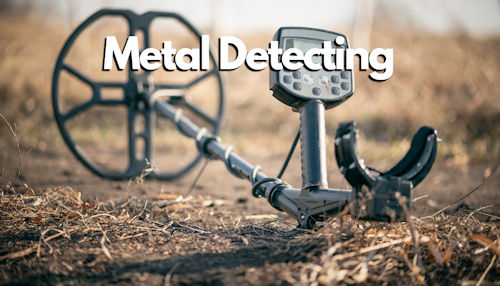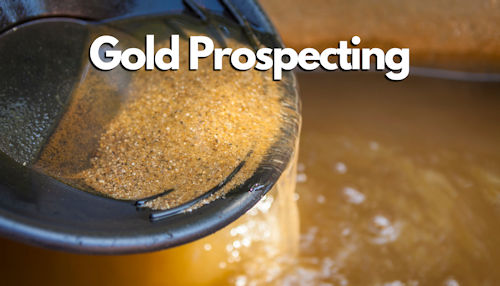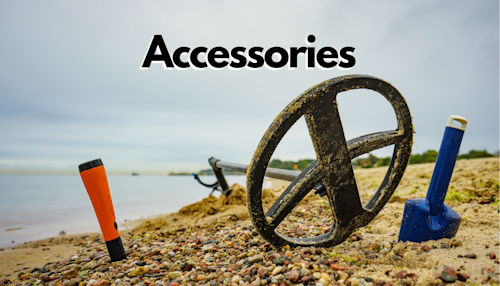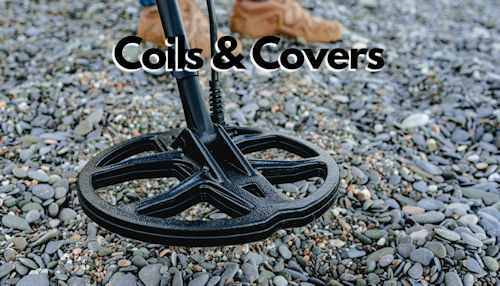Forum breadcrumbs - You are here:New Forum Community Join TodayDig-Everything Exchange Forum: Metal Detecting - Northern Florida PanhandleGeneral discussion on metal detec …
General discussion on metal detecting in Florida
Big D@79802pwpadmin
22 Posts
#1 · April 5, 2025, 7:02 pm
Quote from Big D on April 5, 2025, 7:02 pmMetal detecting is permitted on beaches in Florida, particularly on the Treasure Coast, but with restrictions: you can't metal detect in submerged areas or on state park lands (except for designated beach areas), and you must stay off dunes and avoid disturbing sea turtle nests.Here's a more detailed breakdown:
- Digging in the sand is limited to small scoops or hand trowels; holes must be filled.
- Stay off dunes and avoid disturbing sea turtle nests.
- No metal shovels are allowed.
- No holes bigger than two feet.
- Removing natural elements from parks and beaches is prohibited.
Metal detecting is permitted on beaches in Florida, particularly on the Treasure Coast, but with restrictions: you can't metal detect in submerged areas or on state park lands (except for designated beach areas), and you must stay off dunes and avoid disturbing sea turtle nests.
Here's a more detailed breakdown:
-
Permitted Areas:Metal detecting is allowed on beaches in counties like Indian River, Martin, and St. Lucie.
-
Prohibited Areas:You cannot metal detect in submerged areas (ocean, rivers, ponds) or on state park lands, except for designated beach areas.
-
Restrictions:
- Digging in the sand is limited to small scoops or hand trowels; holes must be filled.
- Stay off dunes and avoid disturbing sea turtle nests.
- No metal shovels are allowed.
- No holes bigger than two feet.
- Removing natural elements from parks and beaches is prohibited.
- Digging in the sand is limited to small scoops or hand trowels; holes must be filled.
-
Finds:If you find treasure between the foot of the dune and the high-water mark (outside state-controlled lands and waters), you may be able to keep it, subject to state and federal laws. However, objects with historic association (over 50 years old) are considered archaeological artifacts and belong to the Florida Department of State's Division of Historical Resources.
-
Treasure Coast Beaches:Some suggested beaches and areas to metal detect on the Treasure Coast include Aquarina Beach, Bonsteel Beach, Sebastian Inlet Park, Wabasso Beach Park, Ambersands Beach Park, South Beach Park, Seagrape Trail Beach, Treasure Shores Park, Golden Sands Beach, Pepper Park Beach, Fort Pierce Inlet, Herman's Bay Beach.
-
If you plan to visit a state park with a beach, call ahead to inquire about metal detecting regulations and restrictions.
Click for thumbs down.0Click for thumbs up.0
![]()







